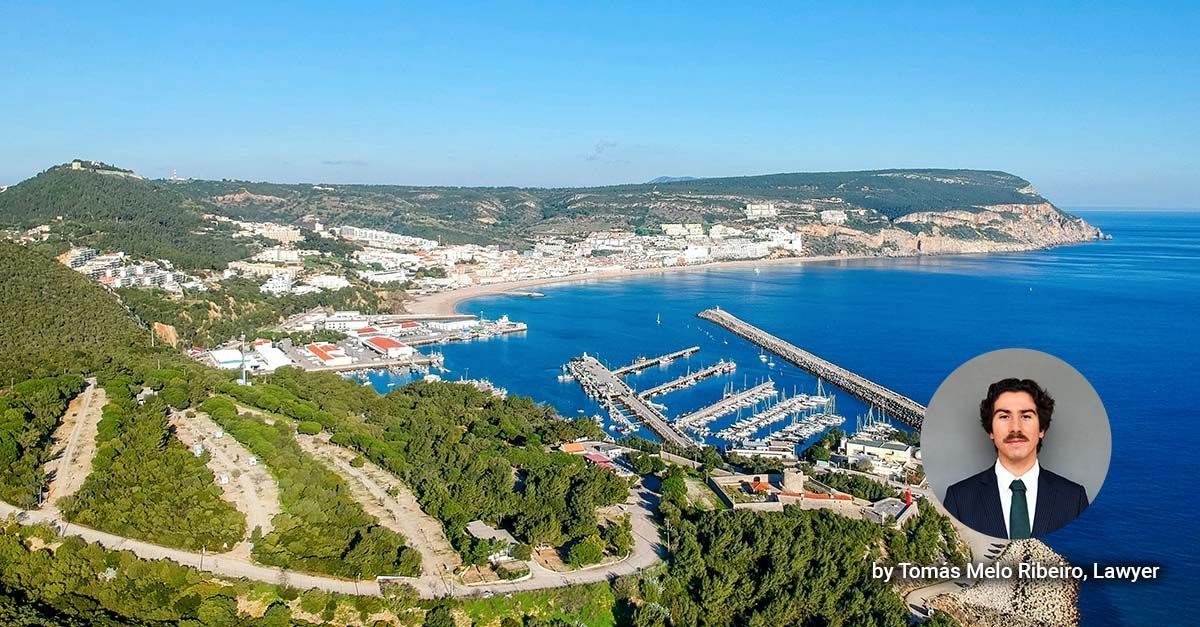The Real Estate Acquisition Taxes, Everything you Need to Know

Teresa Arriaga e Cunha | Lawyer

Rui Pedro Fonseca | Lawyer
IMT (Transfer Tax)
Under Portuguese law, the property acquisition will entail the payment of Transfer Tax (“IMT”) and Stamp Duty (“IS”). These taxes should be settled before the completion of the acquisition, i.e., transfer of the ownership of the properties upon granting of the final deed.
The IS tax rate is 0.8% and is levied on the agreed acquisition price or on the real estate’s tax value assessed by the Tax Authority (“VPT”), if the agreed acquisition price is lower than the VPT. For IMT tax purposes the tax will be levied on the agreed acquisition price or on the real estate’s VPT if the agreed amount of sale is lower than the VPT.
The IMT tax rate differs depending on the type of property and is progressive in some cases (depending on the acquisition price. If the owner is a company incorporated in a tax haven or controlled by a company incorporated in a tax haven, the tax rate will always be 10%, regardless of the type of property and acquisition price).
- Primary accommodation property: from 0% to 7.5%, depending on the acquisition price.
- Secondary accommodation property: from 1% to 7.5%, depending on the acquisition price.
- Plot of land for construction and commercial property: 6.5% regardless of the acquisition price.
- Rustic land: 5% regardless of the acquisition price.
However, the Portuguese law provides the possibility of benefiting from IMT exemption ab initio of the purchasers that are entitled to pay taxes in Portugal and are registered as buyers of properties for resale – it is common to set up a Portuguese company for the exercise of the activity of purchase, sale and resale of real estate– if the below requirements are met:
(i) In each of the previous two years real estate previously acquired for that purpose were resold;
(ii) The real estate resold cannot be used for future resale.
Notwithstanding, even the above mentioned requirements are not met, at the time of the acquisition of the ownership, either because no property was resold in each of the previous two years, or even if the company incorporated for the purpose does not have two years, it is possible to proceed with the later reimbursement of the IMT – after the resale if the requirements below are met:
(i) It needs to be stated in the public deed that the property purchased is intended for subsequent resale;
(ii) The property needs to be resale within the next 3 years. It is worth noting that under the current legislative proposal that is being now discussed in Parliament, the Government intends to reduce the 3 years deadline to solely 1 year – we will continue to monitor developments in these matters;
(iii) The property cannot be used for future resale;
(iv) The purchaser needs to be registered as a buyer of properties for resale – and the respective registration before the Tax Authority;
(v) The property resold cannot have a different destination and, in particular, the accounting record of the property must be shown as being that of inventory.
In stark contrast with the previous regime, these new conditions add more complexity to any claim for the exemption to operate, as it is no longer immediately effective if the purchaser has acquired (at least) one property for resale in the previous year, or if (at least) one property has been resold in the previous year.
In conclusion, of the above-mentioned requirements are met, the IMT tax refund is applicable to real estate acquired for resale, including residential and non-residential buildings, as well as land.
Other tax advantages for companies with real estate assets:
CORPORATE TAX:
Flat tax rate
Companies in Portugal are subject to a flat corporate tax rate of 21% (to be accrued to the taxable profit), with 17,5% on the first € 50.000,00 of taxable profit in the case of small and medium companies (the so called PME´s) or 12,5% on the first € 50.000,00 for PME´s established in Portugal inland territories, which is lower than the personal income tax rate, which can go up to 48%-53% for income above € 78.834,00.
This means that any rental income or capital gains generated from the sale of real estate can be taxed at the lower flat corporate tax rate.
Deductible Expenses:
Companies can deduct a wide range of expenses related to the property, such as depreciations, maintenance costs, property taxes and loans interests.
These deductions can reduce the company's taxable income and result in lower tax liability.
VAT
Reverse charge rule
In the case of real estate rehabilitation, there is also an important tax advantage in acquiring the property through a company, namely regarding VAT relief due to the reverse charge mechanism.
The reverse charge rule means the VAT is due by the purchaser of the construction works and not by the provider (v.g. the Contractor).
This means the invoices from the contractor will not be charged with VAT.
This reverse charge mechanism is only available when we are facing civil constructions works between two business entities (B2B).
The VAT reverse charge rule (v.g. autoliquidação do IVA) in civil construction works operates when the purchaser is a VAT taxable person with a registered/domicile in Portugal, who undertakes VAT-taxable operations (total or partial).
However, if the property to which the input-VAT from construction works relates to is sold, then the taxpayer must proceed with the payment to the Tax Authority of the VAT deducted for the construction of the property.
The procedure is to settle 1/20th of the VAT deduction for each year that remains to complete a period of 20 years (counting from the year of sale of the property), being that the tax deduction of the years already elapsed is maintained, as this deduction is considered to have occurred in assets allocated to taxable operations.
As for the materials, the regime is as follows:
The mere transfer of materials (without installation or assembly by the/on behalf of the person who provided them) is not covered by the reverse charge rule;
The delivery of materials with assembly or installation on site is covered by the reverse charge rule, as long as they are considered as deliveries in the scope of construction works contemplated by Ordinance 19/2004, of 10 January.
If you have further questions regarding this matter, get in touch with Teresa Arriaga e Cunha and
Rui Pedro Fonseca who will be delighted to assist you.











